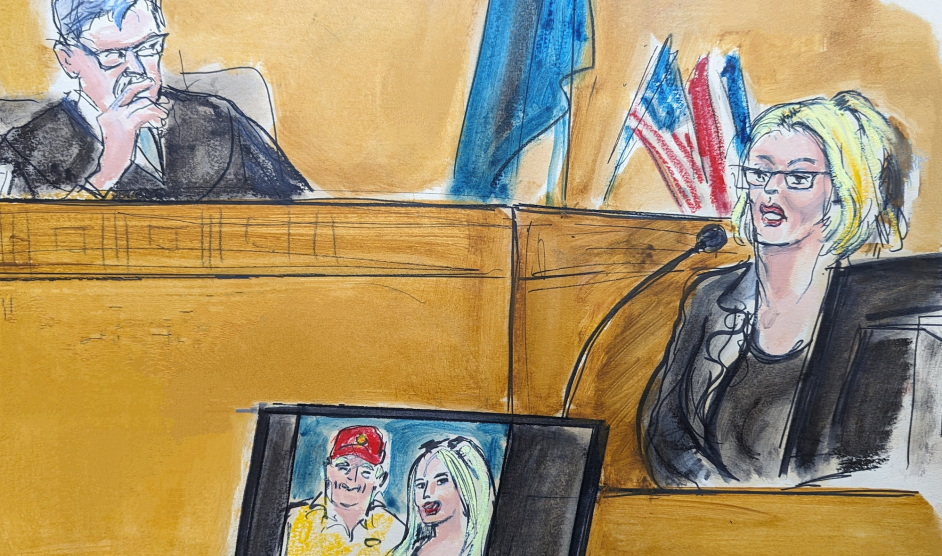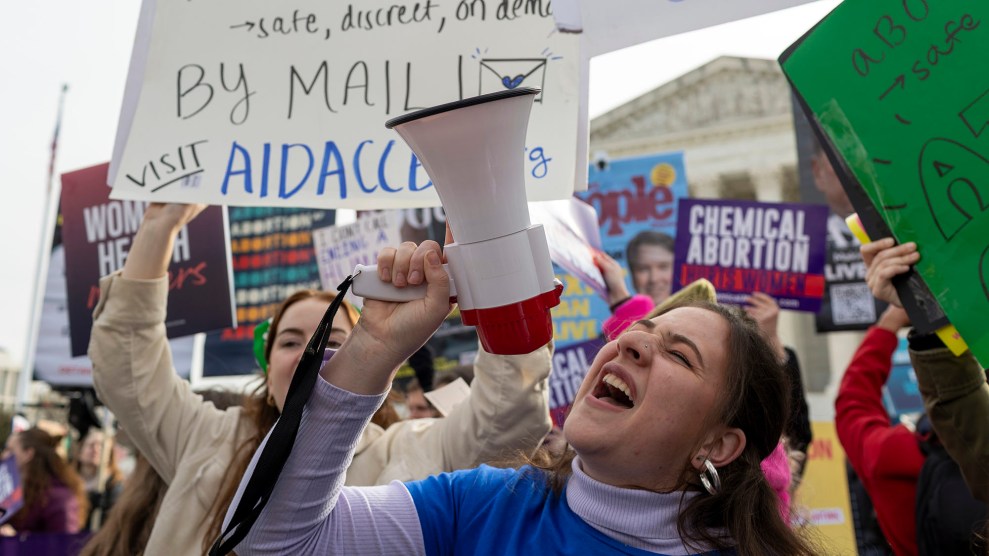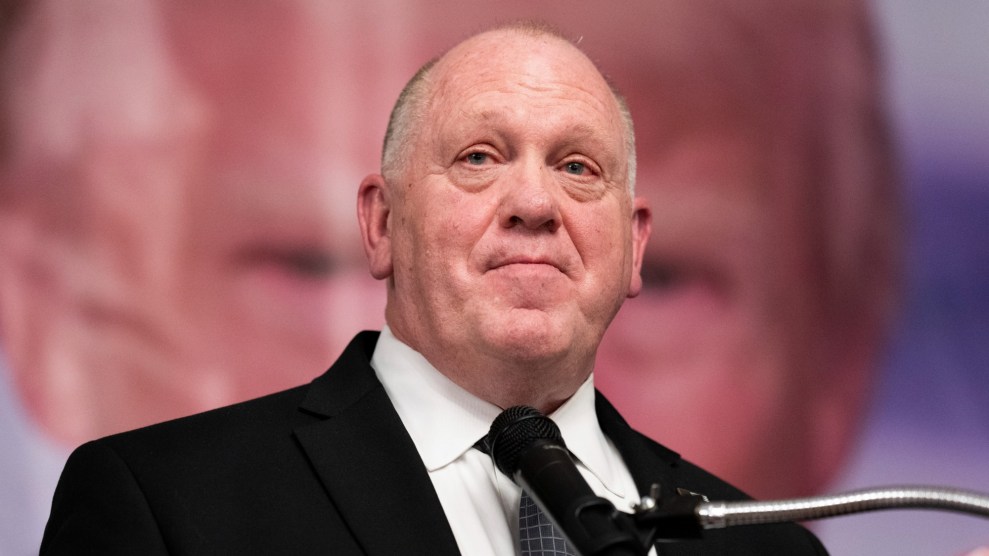Day 1
It is the day after Christmas, and after spending four hours—part of it in mild interrogation as a result of the Iraqi, Lebanese and Syrian stamps in my passport—at the King Hussein/Allenby Bridge border crossing between the West Bank and Jordan, I’m ready to be on my way. But I can’t get out of the border crossing without one more indignation, this from the soldier who makes the final check of my passport:
SOLDIER: Where are you staying?
ENDERS: Ramallah.
SOLDIER: They have hotels in Ramallah?
ENDERS: I can go straight from the border to Ramallah, right? Without going through Jerusalem?
SOLDIER: Sure, you go through Jericho. Like a Palestinian.
Even the Palestinians, apparently, aren’t so used to seeing another traveler spending so much time at the border.
“I thought Americans could travel anywhere,” one man says, looking at my passport. Then he smiles, laughs and revises the statement.
“I guess anywhere but Israel.”
Day 2
On my way to Tulkarem for a meeting of parliamentary candidates, I, along with the candidates, am stuck at a checkpoint. There is a heightened alert because of Hannuka.
I stopped smoking a month ago, but as I shoot a couple pictures of the checkpoint, I notice that one of the soldiers is looking down the barrel of his rifle, sighting me and smiling, and I remember why I began smoking in the first place. I retreat to the bus to wait out the checkpoint and ask an obliging Palestinian man for a cigarette.
Stuck in Tulkarem for the night—there is a little Palestinian transport after dark—I am invited to stay at the home of one of the candidate’s employees. I hear, over and over again, a refrain that became familiar to me in Iraq after the invasion.
“The American people are our friends,” people tell me. “We do not like the policies of the American government, but the American people are our friends.”
As they are speaking, I try to remember exactly when I stopped hearing that quite so often in Baghdad.
Day 3
Whenever I speak with Israelis, they urge me to spend some time in Israel. To see “how beautiful” the place is. But I must admit, I have trouble managing to do much more than fight the urge to get drunk when I so much as a cross to the west side of Jerusalem. It is profoundly painful to watch one society flourish at the expense of another. So I go to the bar, and on the way back, there is an even greater pang of guilt—simply in going to drown my misery, I am going to a place forbidden to all those Palestinians, condoning something with which I can’t agree, driving home the simplest of reasons this isn’t going to end anytime soon.
Not all Palestinians are politicking ahead of this month’s parliamentary elections. Hafez Hourani lives in Tuwani, a small village of subsistence farmers south of Hebron. The farmers are frequently terrorized by Israelis from the nearby settlement of Ma’on. Subsequent settlements, including an illegal one, known as Hill 833, have been built to straddle a path between Tuwani and the even smaller village of Tuba to the east.
“The people here in the village worry about their life, they worry about their daily life. They don’t have time and they are very simple people. They don’t know any political parties. I don’t believe in any party,” Hourani says. “Because really, I have my problems here, so I worry about my family and about my situation.”
The Israeli military has closed the only road to Tuwani, cutting it off from larger to the west and from Hebron. Settlers have attacked the villages, cut their crops, destroyed their olive trees and poisoned their water and sheep. The situation has become slightly better in the last two years, the result of constant presence by American and Italian activists who document settler crimes.
“One of the stranger sights here in Tuwani is seeing schoolchildren running down the road ahead of an Israeli army jeep,” says one of the Christian Peacemaker Team members who helps maintain a constant activist presence here. Because of the presence, he says, the army has prevented the settlers from destroying any more buildings in the village and has even allowed enough breathing room for a small medical center to be built, but it is still waiting for supplies.
But even the activists admit that only makes the situation slightly better. Last year, settlers killed one of Juma Musa Rabaie’s sons, and the military still harasses the villagers and has destroyed buildings. Musa says that despite all this, the villagers will not leave the land.
“People have lived here for years. Since the time of the British mandate and the time of the Ottomans. I am 31 and the settlements are 26.”
The lot of the village may quickly become worse. The Israeli military is set this month to begin building a security fence that would further separate the village from the others nearby it. The villagers have appealed to an Israeli court, which found in favor of the military. The villagers have said they at least need a gate in the fence to reach the larger villages of Karmel and Yata, on the west side of the settler-only bypass road.
“If they will not at least give us a gate, we must buy an airplane,” Musa says.
Day 4
I travel in the morning to Qalqilya, a town that is to be encircled by the wall under the current building plan, to interview local officials.
“They said before that our President Arafat was a barrier to piece. But the Israelis are building this wall, and the Americans give them aid,” says Mustafa Maliky, the governor of Qalqilya governorate. “The peace process is weak from the Israeli side. If the peace means the confiscation of our land, there will be no peace.”
Maliky, the local governor, relates a recent meeting with US embassy officials and visiting congresspersons.
“I told them, ‘President Bush has a big farm in Texas. If Dick Cheney asked for half his ranch, would president Bush give it to him?’ They said ‘no,’ and I asked them why. They said because there is a law against it. I said there is a law, in the United Nations, against what Israel is doing.'”
As Maliky speaks, a young woman who has come from another office in the governorate comes into inform him that the road out of Qalqilya is presently closed. There has been a suicide bombing near Tulkarem, the town immediately north of Qalqilya. The Israeli army response is to seal both towns, which doesn’t do much for my plans to travel back to Jerusalem. The service (shared taxi) I take out of Qalqilia is stopped at the road that connects both towns to the rest of the West Bank, and I and the other passengers are obliged to continue on foot until we can find a ride to the next checkpoint, where the process will be repeated until I reach Jerusalem.
“It will be like this for the next month,” one of the men says as we begin walking up the hill to another village, looking for another ride. Down at the checkpoint, cars with Israeli plates are waved through while everyone else is turned back. The sun is setting and I am at least two hours from Jerusalem. I could wait for these men to move away and simply switch my identity, drop any Arabic and hitchhike out in an Israeli car.
It is tempting, but I have already told these men I am on my way to Jerusalem, and they are eager to help me find a ride. I take a last look at the checkpoint and wonder how long it will take me to get back as I turn up the hill and walk west with the Palestinian men, suddenly envious of children riding by on donkeys. But I can spare a few more hours. I can leave; they can’t.















